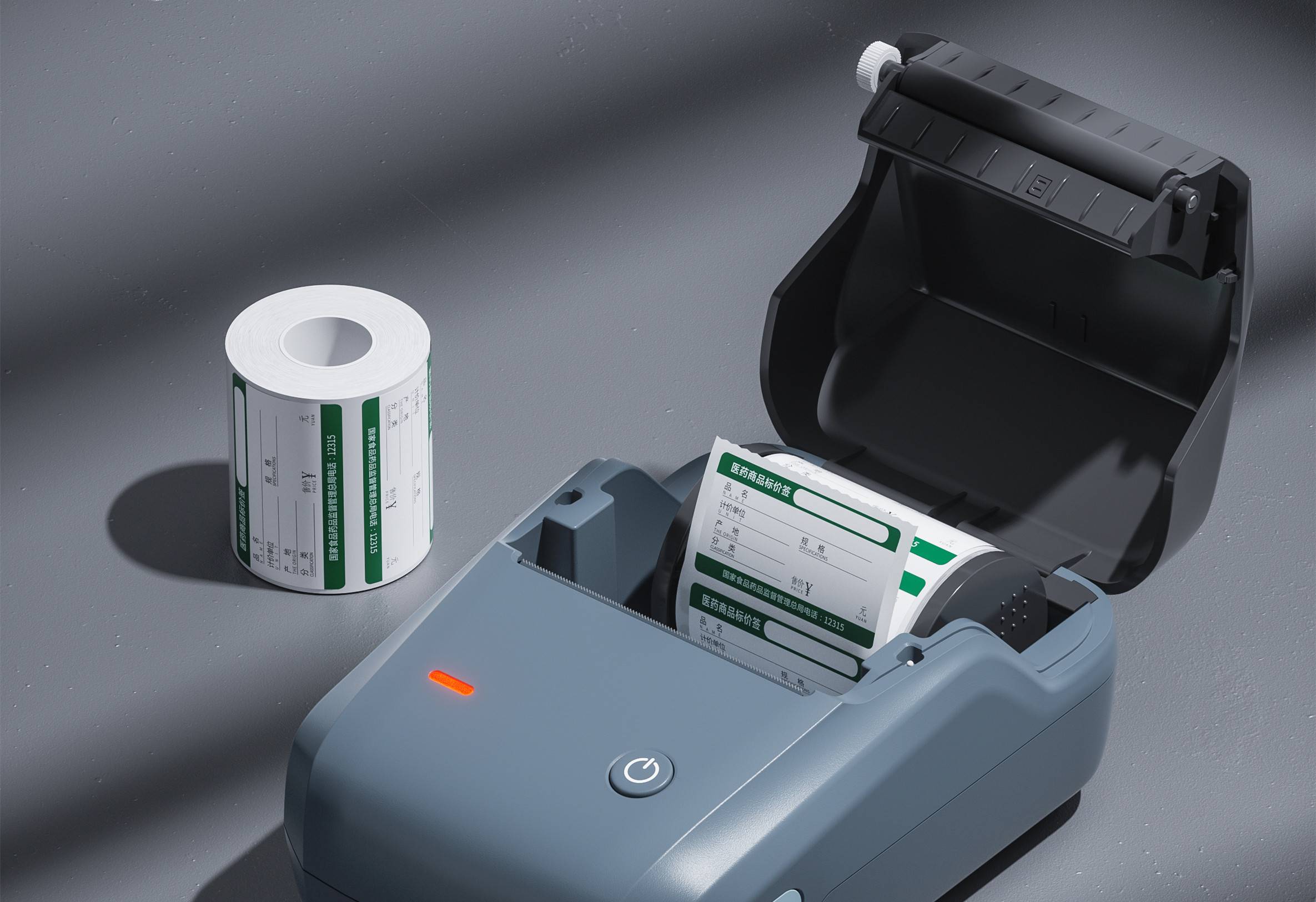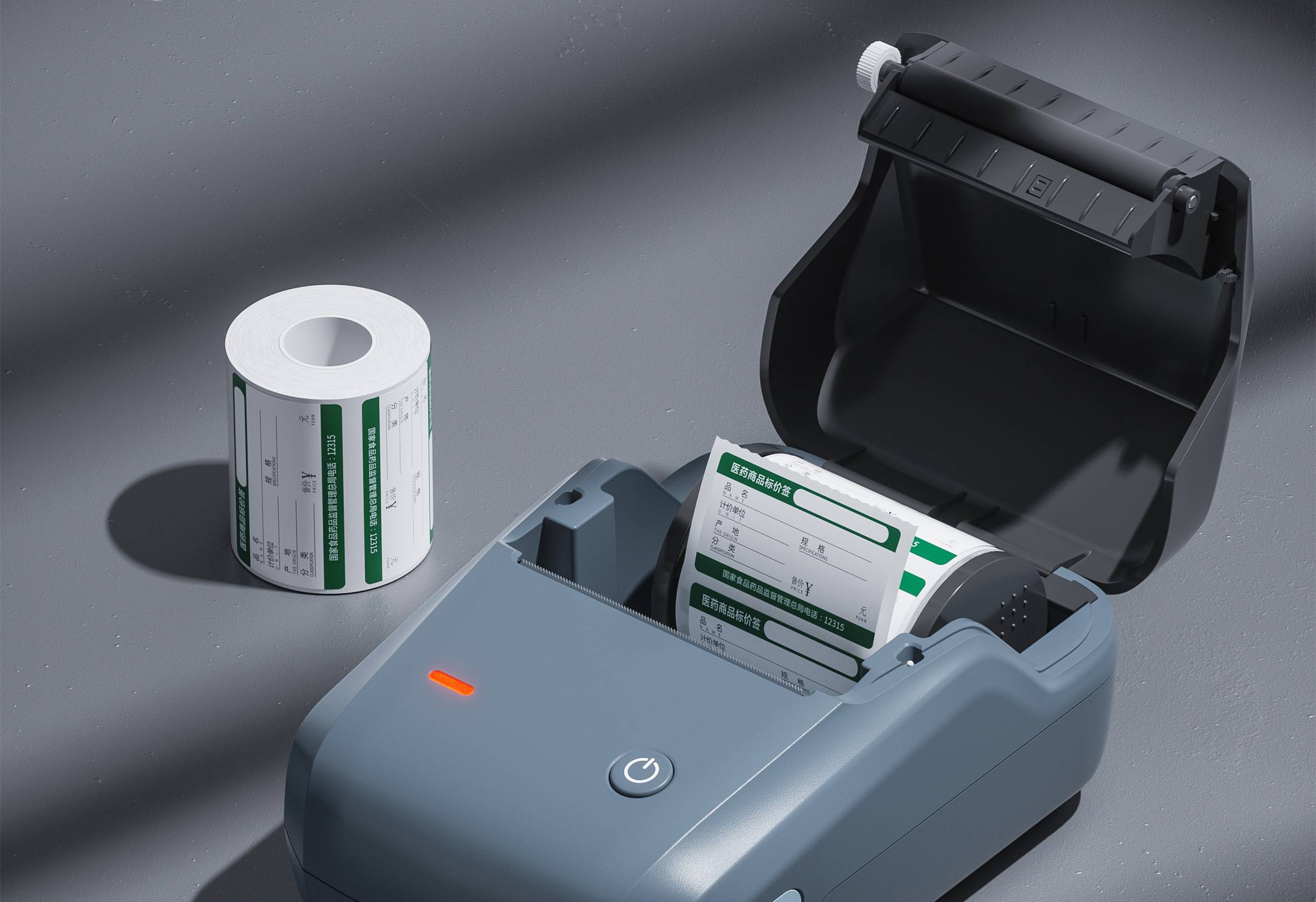
Introduction to UN38.3 certification

UN38.3 refers to Section 38.3 on lithium battery testing in the Manual of Tests and Criteria prepared by the United Nations Committee of Experts on the Transport of Dangerous Goods.
UN38.3 is a battery safety performance test report, and performs a full set of safety performance tests on various types of batteries according to various standards at home and abroad, to ensure product quality and safety for battery manufacturers, and to meet various standards to improve export capabilities.
(1) UN38.3 test is a mandatory test taken to ensure that lithium batteries can be safely carried out by air and sea.
(2) The Civil Aviation Administration of China issued the "Lithium Battery Air Transportation Regulations" to various air transport companies, which clearly requires that lithium batteries must pass the CNAS accredited laboratory for UN38.3 testing before air and sea transportation. Each airline must The lithium battery can only be accepted and shipped on the premise of the UN38.3 conformity report and transportation certificate of the lithium battery.
UN38.3 certified product range
UN38.3 is mainly aimed at battery products, such as: lithium ion batteries (such as mobile phone batteries, notebook batteries, digital product batteries, etc.), lithium metal batteries (such as lithium iron batteries, button batteries), nickel metal hydride / nickel cadmium batteries, Alkaline batteries, large lithium power batteries, lead-acid batteries, other types of chemical batteries and batteries.
Lithium battery UN38.3 certification test application materials
1. Fill in the application form
2. Fill in the power of attorney, lithium battery transportation statement and random documents
3. Battery specifications
4. Packing pictures (outer packing pictures, open outer packing pictures, inner packing pictures)
5. Test samples (need to have two products with product capacity, watt-hour, voltage and other parameters printed on it)
6. Battery specifications
UN38.3 test items
1. Highly simulated
2. Temperature test
3. Vibration
4. Impact
5. External short circuit
6. Impact or extrusion
7. Overcharge
8. Forced discharge
9. Drop test report

Label printers entering the Brazilian market, ANATEL certification is an essential passport! It is the recognition of the Brazilian Telecommunications Authority for the safety and compliance of electronic products, without which products cannot be legally sold.

SRRC certification is not only a guarantee of product compliance, but also a key to opening up the market.

FCC ID certification is a mandatory certification for electronic products by the Federal Communications Commission (FCC) in the United States, and it is essential for label printers to obtain this certification.
UN38.3 refers to Section 38.3 on lithium battery testing in the Manual of Tests and Criteria prepared by the United Nations Committee of Experts on the Transport of Dangerous Goods.
Get a quote